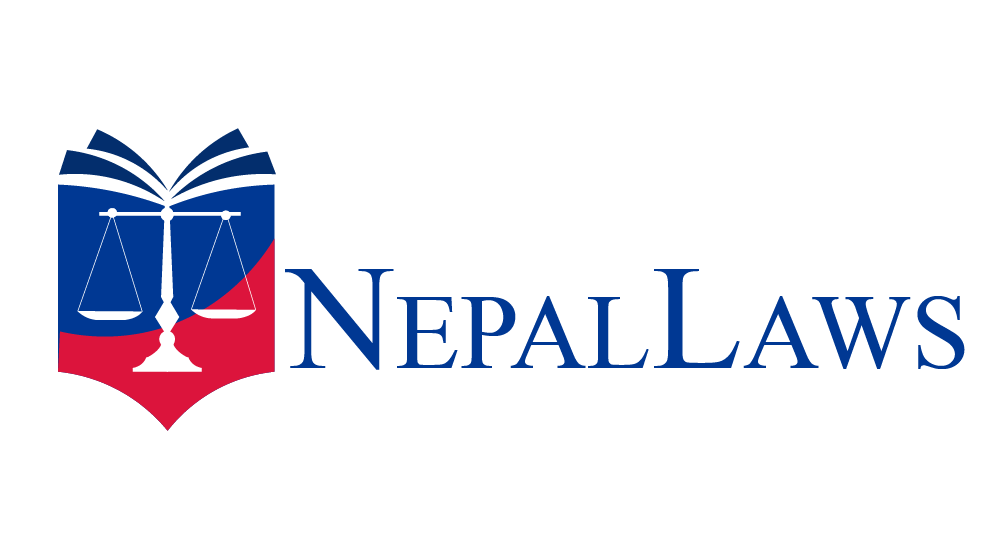The Board of Directors (BOD) is one of the most important organs of a company, responsible for governance, strategic direction, and overall oversight of operations. In Nepal, the role and responsibilities of the Board are defined under the Companies Act, 2063.
This article examines the role of the Board of Directors in a company, the duties they are subject to under Nepalese law, the powers they hold, and the significance of their decisions in ensuring a company’s success.
What is the Board of Directors?
The Board of Directors is a group of individuals elected by shareholders to represent their interests and oversee the company’s management and operations.
The Board is responsible for establishing policies, making key decisions, and ensuring the company adheres to legal, ethical, and financial standards.
The Chairperson typically leads the Board, and the CEO or Managing Director handles day-to-day operations.
Under the Companies Act, 2063, the Board composition includes executive directors (involved in company management) and non-executive directors (who provide oversight but are not involved in daily operations).
Additionally, independent directors can be appointed to ensure impartial decision-making.
Responsibilities of the Board of Directors
The Board has a range of critical duties that are essential to the company’s governance and success. Here are the key responsibilities:
The Board sets the company’s strategic direction, defining its long-term goals and objectives. They collaborate with the management team to design business plans, evaluate market opportunities, and ensure that the company’s operations align with these strategic goals.
The Board must also regularly review and adjust strategies to adapt to changing market conditions.
Corporate governance refers to the system of rules, practices, and processes by which a company is directed and controlled.
The Board plays a central role in ensuring that the company adheres to corporate governance standards.
This includes enforcing compliance with the Companies Act 2063, tax regulations, and other laws governing business operations. Effective governance fosters trust among shareholders and stakeholders.
The Board of Directors has a fiduciary duty to act in the best interest of the company and its shareholders.
This means that directors must make decisions that benefit the company as a whole, not for personal gain. They must act with loyalty, honesty, and due care while exercising their powers.
One of the Board’s key roles is overseeing the company’s financial performance. They are responsible for approving the company’s annual budget, financial statements, and profit distribution.
The Board must ensure that the company is financially healthy and that its investments are generating a profit.
The Board is responsible for ensuring that the company has an effective risk management framework in place.
This involves identifying potential risks (financial, operational, or legal), evaluating them, and implementing systems to mitigate them.
This is particularly important in Nepal, where companies often face regulatory, economic, and political risks.
Duties of the Board of Directors Under the Companies Act
The Companies Act, 2063, outlines specific responsibilities and obligations of the Board. These include:
Duty of Care
Directors must act with due care when making decisions on behalf of the company. This means making informed choices based on the best available information and exercising reasonable judgment.
For instance, before making financial decisions, the Board must ensure that they have thoroughly assessed all available data.
Duty of Loyalty
The duty of loyalty requires directors to avoid conflicts of interest and always act in the company’s best interests.
Directors should not use their positions for personal gain or take advantage of business opportunities meant for the company.
Duty to Act within Powers
The Board must operate within the powers granted by the Articles of Association and Memorandum of Association.
They cannot exceed their authority, and all decisions made by the Board must be in line with these foundational documents.

Powers of the Board of Directors
The Board of Directors has significant powers to shape the company’s direction. These powers include:
1. Appointment and Removal of Key Personnel
The Board is responsible for appointing and removing the Chief Executive Officer (CEO), Managing Director, and other senior management personnel.
They ensure that the right individuals are in place to lead the company effectively and align the management’s goals with the company’s interests.
2. Financial Control and Approval
The Board approves the company’s annual financial statements, budgets, and dividend distribution. They also make decisions on investments, acquisitions, and funding strategies.
3. Corporate Strategy and Policy Decisions
The Board has the authority to approve major decisions related to the company’s corporate strategy, including mergers, acquisitions, and capital expenditures.
They also create policies on corporate social responsibility (CSR), environmental sustainability, and employee compensation.
4. Approval of Major Corporate Actions
The Board has the authority to approve major corporate actions, such as issuing new shares, altering the company’s capital structure, or incurring significant loans.
They also oversee the company’s legal structure to ensure compliance with local and international laws and regulations.
Shareholder Rights and the Board’s Responsibility to Shareholders
Challenges Faced by the Board of Directors
The Board of Directors faces several challenges that can complicate its ability to govern the company effectively.
These challenges include:
Balancing Short-Term and Long-Term Goals
Boards often face the challenge of balancing short-term financial results with long-term business objectives.
Companies may face pressure from investors or stakeholders to meet quarterly goals, but long-term sustainability requires a more strategic vision.
Conflict Resolution
Disputes may arise between directors, shareholders, or management.
The Board must effectively manage these conflicts to avoid damage to the company’s reputation or its operations.
Regulatory Compliance and Legal Risks
The Board must navigate complex regulatory environments to ensure the company complies with national laws and international regulations.
Non-compliance can result in legal penalties or damage to the company’s reputation.
Financial Accountability and Transparency
Ensuring transparency in financial reporting and making tough decisions during financial crises can be challenging for the Board.
They must be vigilant in managing risks, especially in challenging economic conditions or uncertain markets.
Conclusion
The Board of Directors is a cornerstone of corporate governance in Nepal, playing a crucial role in guiding the company toward success and sustainability.
By setting strategies, overseeing financial health, ensuring legal compliance, and protecting shareholder interests, the Board ensures that the company operates effectively and responsibly.
Understanding the legal framework under the Companies Act, 2063, is vital for both directors and shareholders.
A well-composed and effective Board can significantly enhance a company’s growth potential, while an inefficient one can harm its reputation and profitability.
It is crucial for Boards to regularly assess their governance structures, stay up to date with the latest regulations, and ensure they act in the best interests of all stakeholders to maintain long-term business success in Nepal.





